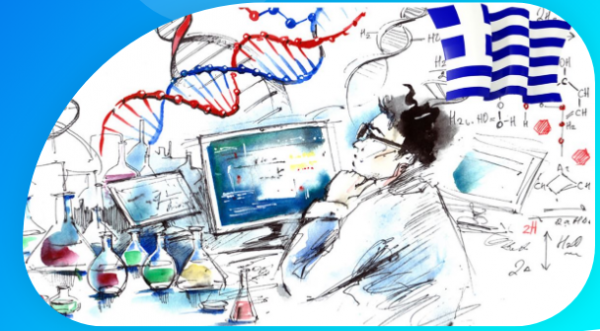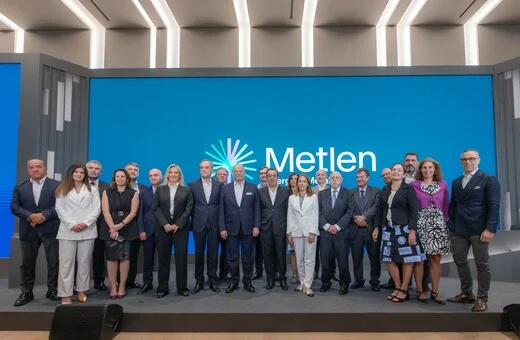
Greek Scientists Society promotes networking within the community of Greek Scientists from all over the world and facilitates all necessary actions to assist those Scientists who wish to successfully commercialise the outcome of their Intellectual work.
If you wish to join the Greek Scientists Society on LinkedIn, please go to Greek Scientists Society HERE

February 11 @ 7:00 pm – 8:00 pm, Webinar “The preclinical history of Leukaemia”
Professor Vassiliou Group at Wellcome – MRC Cambridge Stem Cell Institute seeks to understand the cell-autonomous and cell-non-autonomous processes involved in the transformation of normal to leukaemic haemopoietic stem cells and to identify genetic vulnerabilities of myeloid malignancies that can be exploited as targets of novel anti-leukaemic therapies. To achieve these aims the group uses three main approaches: – Application of genetic screens to identify and investigate genetic vulnerabilities of acute myeloid leukaemia and related cancers in order to develop new therapeutic approaches – Generation and study of bespoke mouse models of somatic mutation drivers of myeloid malignancies, in order to define their molecular, genomic and phenotypic effects on haemopoietic stem and progenitor cells – Detection and tracking of the evolution of clonal haematopoiesis in healthy individuals, in order to understand the factors involved in leukaemic progression and develop new approaches for early detection.
February 18 @ 7:00 pm, Webinar “Mammalian Synthetic Biology: Foundation and Therapeutic Applications”
Synthetic biology is revolutionizing how we conceptualize and approach the engineering of biological systems. Recent advances in the field are allowing us to expand beyond the construction and analysis of small gene networks towards the implementation of complex multicellular systems with a variety of applications. In this talk I will describe our integrated computational / experimental approach to engineering complex behavior in a variety of cells, with a focus on mammalian cells. In our research, we appropriate design principles from electrical engineering and other established fields. These principles include abstraction, standardization, modularity, and computer aided design. But we also spend considerable effort towards understanding what makes synthetic biology different from all other existing engineering disciplines and discovering new design and construction rules that are effective for this unique discipline. We will briefly describe the implementation of genetic circuits and modules with finely-tuned digital and analog behavior and the use of artificial cell-cell communication to coordinate the behavior of cell populations. The first system to be presented is a multi-input genetic circuit that can detect and destroy specific cancer cells based on the presence or absence of specific biomarkers in the cell. We will also discuss preliminary experimental results for obtaining precise spatiotemporal control over stem cell differentiation for tissue engineering applications. We present a novel approach for generating and then co-differentiating hiPSC-derived progenitors with a genetically engineered pulse of GATA-binding protein 6 (GATA6) expression. We initiate rapid emergence of all three germ layers as a combined function of GATA6 expression levels and tissue context. We ultimately obtain a complex tissue that recapitulates early developmental processes and exhibits a liver bud-like phenotype that includes haematopoietic and stromal cells, as well as a neuronal niche. This complex organoid can be used for drug development and potentially for tissue transplantation.
February 25 @ 7:00 pm – 8:00 pm, Webinar “The Synthetic Biology Revolution”
Humanity is at the cusp on a new biological revolution. Synthetic Biology, the engineering of new functions in biological systems, holds similar promise to that of Synthetic Chemistry in the XIX Century which introduced new processes, industries and products and transformed the world. Engineering Biology gives us the opportunity to innovate in all fields of industry, from medicine and pharmaceuticals to new materials; from green fuels to ecological rehabilitation. In this webinar, John Love, Professor of Synthetic Biology at the University of Exeter, will explain how Synthetic Biology can help humanity respond to the challenges of the future and why he believes that we are on the ground-floor of a biological revolution as important as the invention of the silicon chip.
You could find more about Greek Scientists Society Webinars HERE













